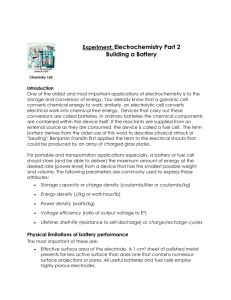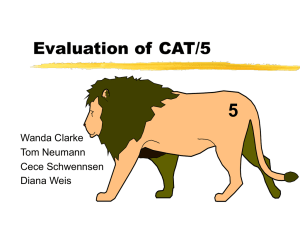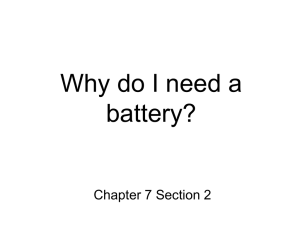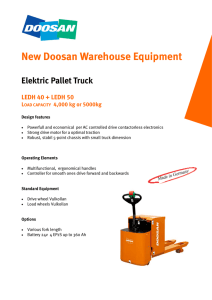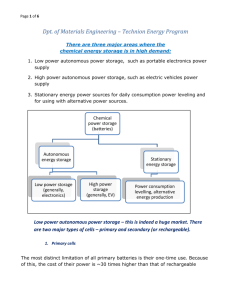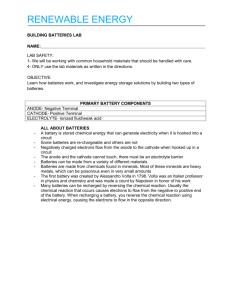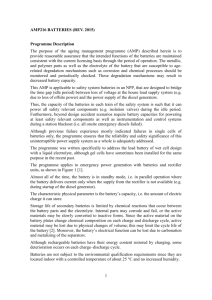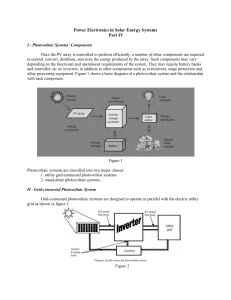Now
advertisement
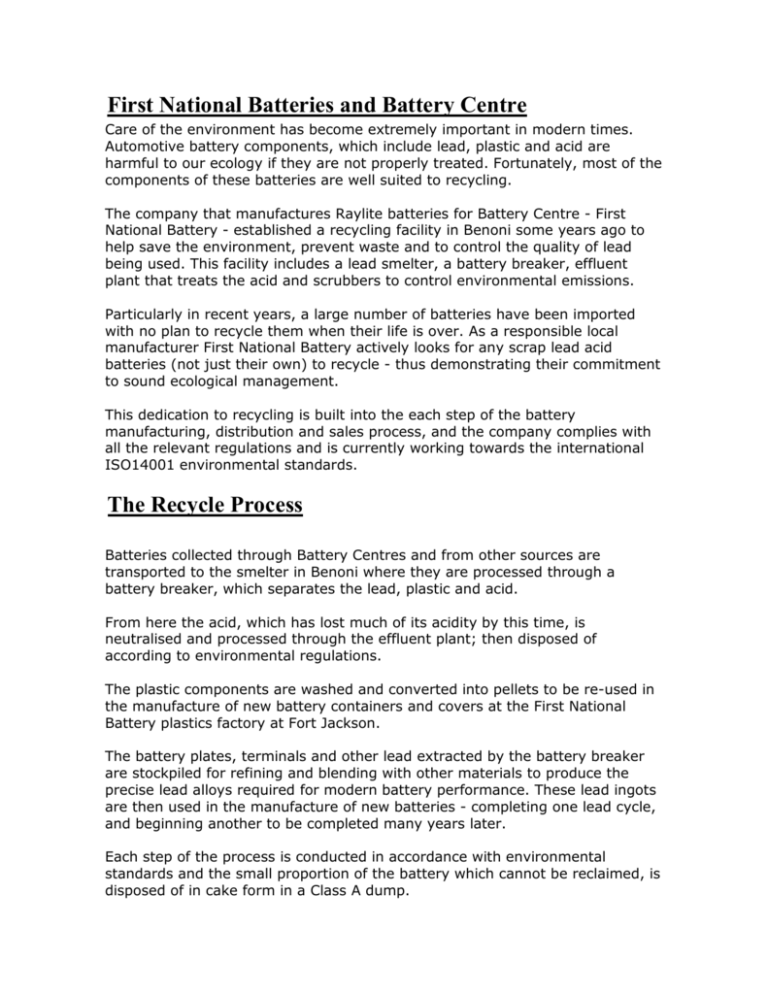
First National Batteries and Battery Centre Care of the environment has become extremely important in modern times. Automotive battery components, which include lead, plastic and acid are harmful to our ecology if they are not properly treated. Fortunately, most of the components of these batteries are well suited to recycling. The company that manufactures Raylite batteries for Battery Centre - First National Battery - established a recycling facility in Benoni some years ago to help save the environment, prevent waste and to control the quality of lead being used. This facility includes a lead smelter, a battery breaker, effluent plant that treats the acid and scrubbers to control environmental emissions. Particularly in recent years, a large number of batteries have been imported with no plan to recycle them when their life is over. As a responsible local manufacturer First National Battery actively looks for any scrap lead acid batteries (not just their own) to recycle - thus demonstrating their commitment to sound ecological management. This dedication to recycling is built into the each step of the battery manufacturing, distribution and sales process, and the company complies with all the relevant regulations and is currently working towards the international ISO14001 environmental standards. The Recycle Process Batteries collected through Battery Centres and from other sources are transported to the smelter in Benoni where they are processed through a battery breaker, which separates the lead, plastic and acid. From here the acid, which has lost much of its acidity by this time, is neutralised and processed through the effluent plant; then disposed of according to environmental regulations. The plastic components are washed and converted into pellets to be re-used in the manufacture of new battery containers and covers at the First National Battery plastics factory at Fort Jackson. The battery plates, terminals and other lead extracted by the battery breaker are stockpiled for refining and blending with other materials to produce the precise lead alloys required for modern battery performance. These lead ingots are then used in the manufacture of new batteries - completing one lead cycle, and beginning another to be completed many years later. Each step of the process is conducted in accordance with environmental standards and the small proportion of the battery which cannot be reclaimed, is disposed of in cake form in a Class A dump.

